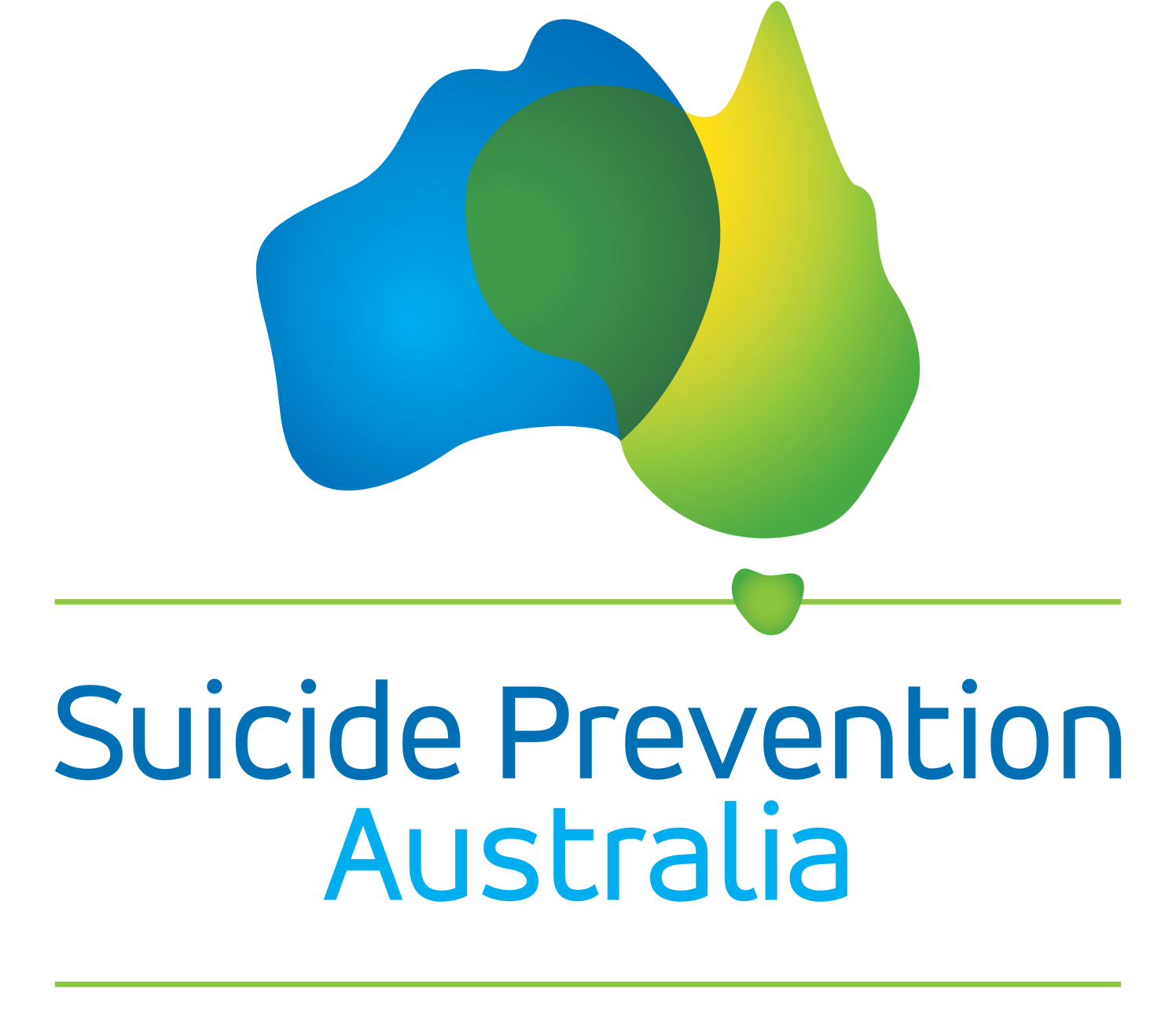It’s clear from recent data that distress levels in the community are high and continuing to increase due to the ongoing challenges from COVID-19 lockdowns.
The recent Australian Institute of Health and Welfare report into suicide and self-harm shows an increase in ambulance attendances for suicidal and self-harm ideation and increased levels of psychological distress, particularly for younger people. On Monday 2 August, Lifeline recorded the highest daily number of calls (3,345 calls) in the organisation’s history.
Suicide Prevention Australia, CEO, Nieves Murray said, “We’re seeing a concerning increase in people experiencing distress in our communities. The recent lockdowns have significantly shifted the social and economic landscape in Australia and will exacerbate the risk factors that are clearly linked to distress such as economic hardship, employment, relationship breakdown and loneliness, particularly for young people.
“Fortunately, while there has been a rise in the use of mental health services and an increase in psychological distress there hasn’t been a rise in deaths by suicide,” said Ms Murray.
“I strongly encourage young people to take a proactive approach when it comes to their mental health and to seek support if they need it.
“There are many support services for the youth community including headspace, ReachOut, Kids Helpline and Batyr.
“For parents, grandparents and carers, it’s important to find time for regular check-ins with the young people in your lives, particularly if you notice things don’t seem quite right.
“In some instances, COVID-19 has exacerbated feelings of loneliness for young people,” said Ms Murray.
“The suicide prevention sector is working together to ensure the evolving needs of the community are being addressed during this time. As a sector, we are doing our best to ensure people have access to safe, effective support services and are continuing to find alternative solutions such as peer-led, digital and community-led initiatives.
“We welcome additional funding invested in crisis supports from the Commonwealth and New South Wales Government. We know that half of those whose lives are lost to suicide are not in contact with mental health services, so we need to make sure all people in lockdown have access to financial and social supports during these tough times.
“Help-seeking pathways extend beyond calling a support line or meeting with a counsellor. There are now texting services, downloadable resources and online community forums.
“You do not have to go this alone. Help is always available no matter who you are or what situation you are in. If you are feeling distress, please reach out and access the various support services that are available.
“Physical distancing does not mean emotional and social distancing – it is important for ourselves, our loved ones and our communities to remain emotionally and socially connected,” said Ms Murray.
To get help 24/7, phone Lifeline on 13 11 14 or the Suicide Call Back Service on 1300 659 467. If you or someone you know are in immediate danger, phone 000 for emergency services.
Media contacts
Clare Kinsella 0427 689 689 | clarek@suicidepreventionaust.org
Amelia Banks 0410 591 134 | ameliab@suicidepreventionaust.org
Help to report about suicide safely is available online: Go to www.mindframe-media.info
About Suicide Prevention Australia
Suicide Prevention Australia is the national peak body and we’ve been providing support for Australia’s suicide prevention sector for more than 25 years. We support and advocate for our members to drive continual improvement in suicide prevention policy, programs and services. Our reach is broad, including member organisations, governments, businesses, researchers, practitioners and those with lived experience. We are focused on an integrated approach to suicide prevention encompassing mental health, social, economic and community factors. We believe that through collaborative effort and shared purpose, we can achieve our vision of a world without suicide.
